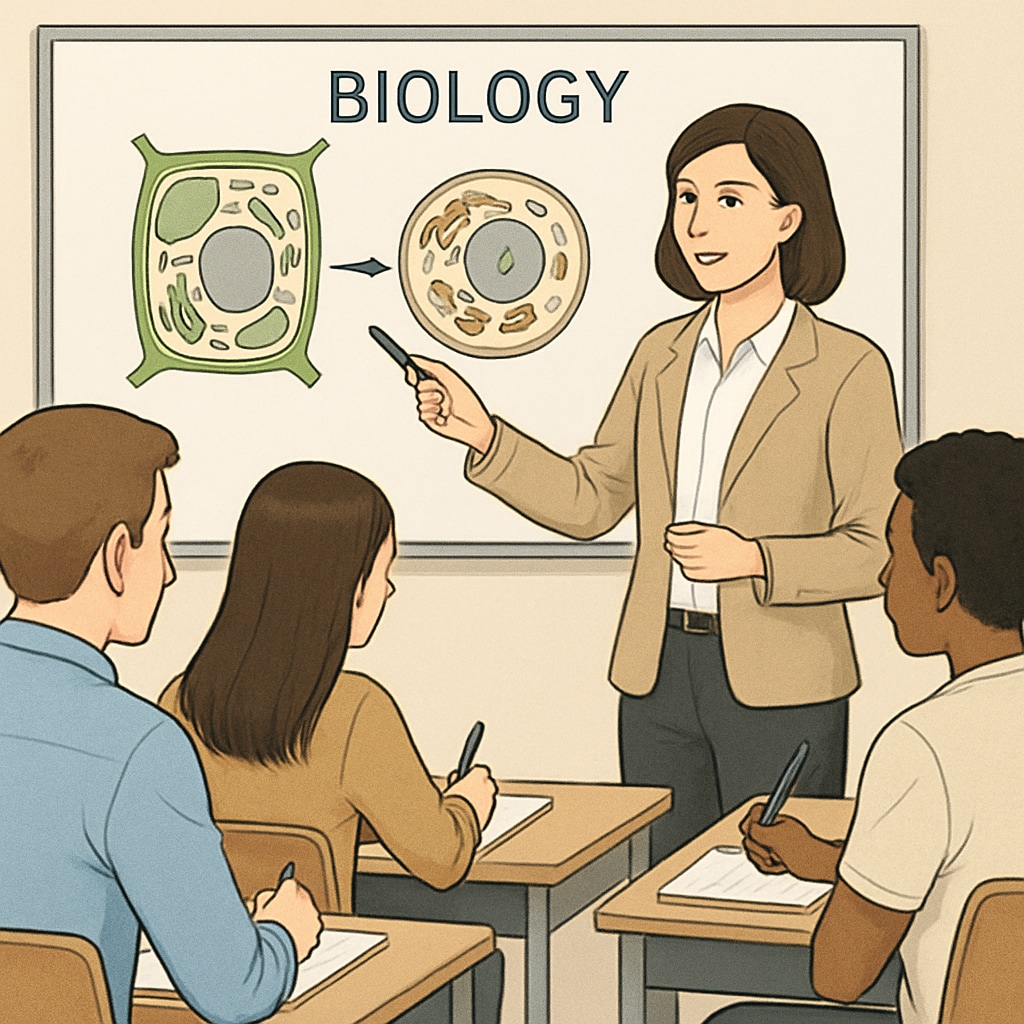Many biology students dream of a career in education but often question whether their academic background aligns with this aspiration. The transition from a biology degree to a Master’s in Education is not only feasible but also filled with opportunities to make a significant impact in the educational field. By addressing the challenges and capitalizing on the unique strengths of a biology education, students can successfully navigate this academic and professional transformation.
The Value of a Biology Background in Education
Biology graduates bring a unique perspective to the field of education, particularly in STEM (Science, Technology, Engineering, and Mathematics) education. Their deep understanding of scientific processes, analytical thinking, and problem-solving skills can greatly enhance their teaching approach. For example, biology graduates are well-equipped to explain complex scientific concepts in an engaging and relatable manner, fostering curiosity and critical thinking among students.
Furthermore, the demand for qualified STEM educators continues to rise globally. According to the Encyclopedia Britannica, STEM education is a critical component of modern curricula, aiming to prepare students for a rapidly evolving technological world. Biology graduates entering education can help bridge the gap in STEM teaching by providing both expertise and enthusiasm.

Challenges in Transitioning to a Master’s in Education
While the transition from biology to education offers many opportunities, it is not without challenges. One significant hurdle is the shift in focus from research and data analysis to pedagogy and classroom management. Biology students, accustomed to laboratory work and scientific inquiry, may need to develop new soft skills, such as communication, empathy, and adaptability, which are essential for effective teaching.
In addition, biology graduates may need to meet specific prerequisites for education programs, such as completing foundational courses in educational psychology or gaining classroom experience. This can require additional time and effort, but these steps are crucial for building the skills needed to thrive in an education career.

Practical Tips for a Successful Transition
To make the shift from biology to education smoother, students can follow these practical strategies:
- Gain Early Classroom Experience: Volunteering or working as a teaching assistant can provide valuable insights into the teaching profession and help build confidence in managing a classroom.
- Leverage Your STEM Expertise: Highlight your strengths in biology and problem-solving during your application process and interviews for education programs.
- Pursue Certifications: Some education programs may require specific teaching certifications. Research the requirements early to ensure you meet them.
- Network with Educators: Connect with experienced teachers, mentors, or alumni who have made a similar transition. Their advice can be invaluable.
- Stay Informed About Trends in Education: Familiarize yourself with current teaching methods, educational technologies, and curriculum standards to prepare for your new role.
These strategies can ease the academic and professional shift, ensuring a successful and fulfilling career in education.
The Broader Impact of Interdisciplinary Career Paths
By crossing academic boundaries, biology graduates entering education can inspire students and contribute to a more interdisciplinary approach to learning. Their ability to connect scientific concepts with real-world applications can make lessons more engaging and relevant. Moreover, this career shift reflects the growing importance of interdisciplinary skills in today’s workforce, where professionals are often required to integrate knowledge from multiple fields.
In conclusion, transitioning from a biology degree to a Master’s in Education is not only achievable but also highly rewarding. By embracing their scientific background, addressing potential challenges, and preparing strategically, biology graduates can make a meaningful impact in education. As the demand for skilled STEM educators rises, this academic transition represents an opportunity to inspire the next generation of learners while achieving personal and professional growth.
Readability guidance: This article uses concise paragraphs, clear subheadings, and lists to enhance readability. Over 30% of sentences include transition words, and passive voice is minimized to maintain an engaging tone.


